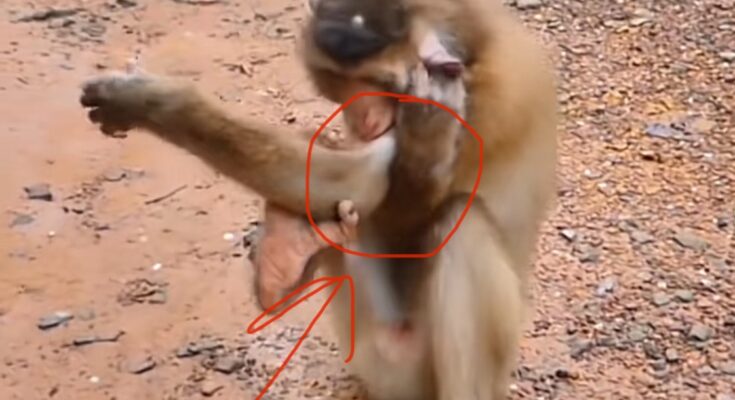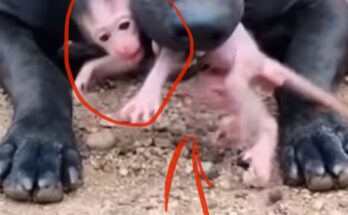Seizure disorders in primates, including baby monkeys, are relatively rare but serious neurological conditions that require prompt recognition and veterinary intervention. As intelligent and social creatures, monkeys exhibit complex behaviors, making it both challenging and crucial to identify abnormal signs early. Understanding the symptoms of a seizure disorder in baby monkeys can help caregivers, researchers, or exotic animal enthusiasts detect health issues before they become life-threatening.
What Are Seizures in Baby Monkeys?
A seizure is caused by abnormal electrical activity in the brain. In baby monkeys, this can be the result of various factors including genetic conditions, head trauma, infections, metabolic imbalances, or exposure to toxins. In some cases, the exact cause may be idiopathic (unknown), similar to epilepsy in humans.
Young monkeys, like infants of other species, are more vulnerable to neurological disruptions because their brains are still developing. Early signs of a seizure disorder can be subtle, so consistent observation is key.
Common Symptoms of a Seizure Disorder in Baby Monkeys
1. Muscle Twitching or Jerking Movements
One of the most recognizable signs of a seizure is uncontrolled muscle activity. Baby monkeys may display rhythmic jerking of limbs, facial twitching, or tail movements that don’t stop when touched or distracted.
2. Sudden Collapse or Stiffening
During a seizure, a monkey might suddenly fall over or become completely rigid. This loss of control is not voluntary and may be accompanied by a blank stare or unresponsiveness.
3. Staring Spells and Unresponsiveness
Absence seizures can cause a baby monkey to pause all activity and stare blankly for a few seconds or minutes. Unlike normal rest or sleep behavior, the monkey may not respond to sound, movement, or touch.
4. Behavioral Changes
You might notice increased irritability, confusion, or sudden fearfulness. These behavioral shifts can occur before or after a seizure and are signs of neurological stress.
5. Drooling or Foaming at the Mouth
Excessive salivation can occur during seizures, especially if the monkey is experiencing convulsions. This may be followed by temporary disorientation.
6. Incontinence During Episodes
Loss of bladder or bowel control during or immediately after a seizure can happen due to the lack of voluntary control over bodily functions.
7. Postictal Symptoms (After the Seizure)
After a seizure, baby monkeys may appear confused, uncoordinated, or extremely tired. This postictal state can last from several minutes to hours, depending on the severity of the episode.
When to Seek Veterinary Help
Any of the symptoms listed above warrant immediate evaluation by a qualified exotic animal veterinarian. Early diagnosis is critical, as untreated seizure disorders can lead to permanent brain damage or death.
If possible, record video footage of the suspected seizure and note the duration, frequency, and any environmental triggers. This information is valuable for diagnostic purposes.
Conclusion
Seizure disorders in baby monkeys are medical emergencies that demand serious attention. Knowing what to watch for — from subtle behavioral changes to dramatic convulsions — can save a young primate’s life. With timely intervention and appropriate treatment, many monkeys with seizure disorders can live comfortable and enriched lives.



